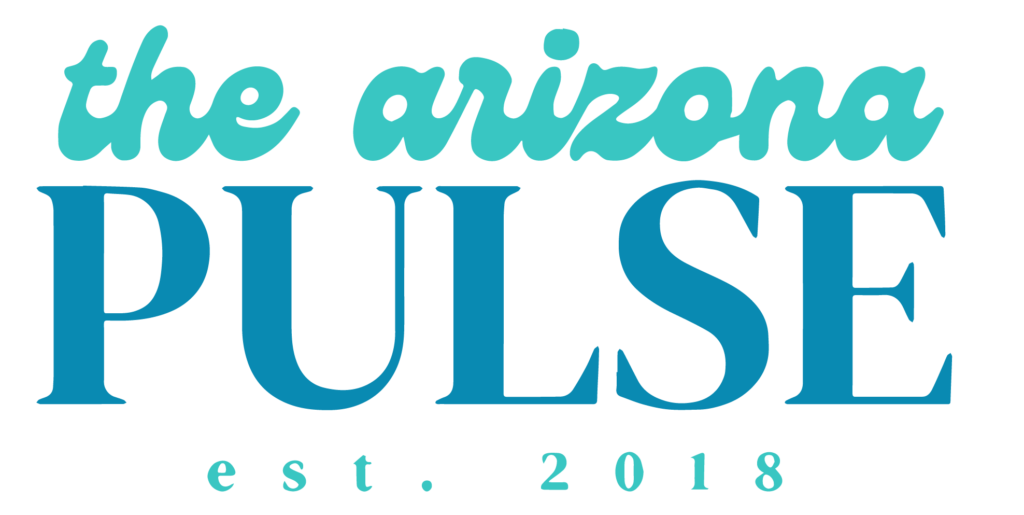Written by: Jon Amores, ArMA Director of Government Relations
The 2020 legislative session is shaping up to be an active one for the Arizona Medical Association (ArMA). It will be an election year, and as a result, legislators typically hope to wind up business as quickly as possible and avoid issues that may be contentious, but issues must be dealt with and oftentimes, inaction is not a viable option. It is with this in mind that ArMA and other healthcare stakeholders anticipate being busy on a number of legislative fronts. In addition to addressing issues and legislation yet unknown that will invariably arise, here are some of the major items the ArMA advocacy team faces in the 2020 Session:
AHCCCS Medicaid Payments: perhaps the biggest single issue for the 2020 Session is a potential rate increase for hospitals, physicians, and dentists. Physician fee schedule rates were reduced by 14.7% between 2009 and 2011. The rates have remained near those levels since that time. Many other provider types have received additional appropriations from the Legislature, but rates paid to physicians, PAs and NPs have not. AHCCCS notes that this is a concern for them. Presently, there is building support to restore rates back to 2009 pre-recession levels. ArMA is working with legislative leaders and other healthcare stakeholders to ensure physicians remain a part of any funding package and identify a funding mechanism for the proposal.
Scope of practice issues
The Sunrise Review process: Arizona’s Sunrise Review process provides a mechanism for a particular health profession to request a scope expansion. The process begins with the applicant group presenting a report to the House and the Senate outlining the need for a scope of practice expansion. Six (6) applications have been filed for 2020:
- Athletic Trainers: Scope increase to allow dry needling and wound closure
- Dietitians: Licensure of dietitians in Arizona with an increased scope of practice
- Pharmacists: Increase scope to allow the administration of vaccinations to children younger than currently permitted under the law.
- Genetic Counselors: Licensure of genetic counselors in Arizona
- Doulas: Voluntary certification option
- Certified Anesthesiologists Assistants: Recognize Anesthesiologist Assistants as a new midlevel provider, licensed by the state
If approved, the requests for scope expansion would all affect, some more directly than others, a physician’s practice in Arizona. Working with ArMA’s Legislative & Governmental Affairs Committee, The ArMA advocacy team has established a strategy for each application. Depending upon the degree of encroachment, ArMA may end up actively opposing a particular application. For now, the key is to monitor each of the requests and communicate with representatives of a particular health profession as needed to negotiate away any concerns.
In addition to opposing legislation from various groups that would harm the House of Medicine in Arizona, ArMA is also working on its own legislation, and supporting its passage through the legislative process. These pro-physician bills include:
Opioid legislation
ArMA will introduce a bill exempting patients in hospice or end-of-life care from the naloxone prescribing mandate.
Insurance reporting bill
ArMA will introduce legislation requiring the Department of Insurance to research and report on the status of physician and patient reforms enacted into law, to determine compliance. These include laws relating to credentialing, prior authorization requirements, timely payment, access to telemedicine services, and others. These provisions were hard-earned, and ensuring their proper operation is vitally important to Arizona healthcare.
Due process legislation
ArMA is also working on guidelines to place limitations on when or what information can be exchanged between hospitals conducting quality assurance activities. Meetings are underway with representatives of the state hospital associations to determine support and enforcement options. This is a project that may last beyond the 2020 Session but would provide substantial benefits, especially for employed physicians.
Prior authorization legislation
Another initiative that may require a more long-term outlook is a bill requiring the use of a standardized form in prior authorization process. ArMA has begun a stakeholder process to discuss the drafting of this legislation, which would provide administrative simplification and more effective use of the PA process by practitioners. ArMA is also supportive of step therapy legislation to be introduced during the 2020 Session by patients’ groups, which would among other things require that step therapy protocols be objective, transparent, and continually updated through a review of new evidence, research, and treatments.
Other Topics of Interest
ArMA also has a specific interest in public health, and from this important perspective plans to support a number of legislative initiatives, including expanded regulation and new taxing authority of nicotine vapor products, raising the minimum age to purchase tobacco to age 21, and providing authority to local governments to set up needle exchange programs. ArMA will also continue to vigorously oppose any and all legislation that would have the effect of reducing Arizona’s already unacceptably low vaccination rates. Simply put, ArMA believes that when weighing the prevention of disease with the preservation of personal freedom, one must recognize the public’s freedom not to be infected by exposure to avoidable and deadly communicable diseases.
Lastly, while not a direct legislative issue, ArMA will be keeping a close eye on the “The Stop Surprise Billing and Protect Patients Act” ballot initiative filed by the Service Employees International Union (SEIU) out of California. The initiative requires 237,645 signatures by July 2, 2020, to qualify for placement on the 2020 election ballot. While the initiative purportedly seeks to improve healthcare, the requirement mandating new minimum wages for direct care workers at hospitals through raises of at least five percent each of the four years will undoubtedly raise health care costs, and ArMA is concerned that this, in turn, will threaten access to quality care for Arizona residents.
Advocacy is one of the essential parts of ArMA’s mission. Every year, new challenges arise during a legislative session — some of them intended to help physicians, but some that also threaten the practice of medicine and quality of care. In the political process, rising to effectively meet these challenges requires that as many physicians as possible, regardless of specialty, join together to protect the House of Medicine. As the 2020 legislative session gets underway, the ArMA advocacy team hopes you will stay engaged and active on the issues that arise. We will work hard in the Capitol to ensure the collective effort and expertise of our members continues to serve not only Arizona’s physicians but the health and well-being of all Arizonans.





